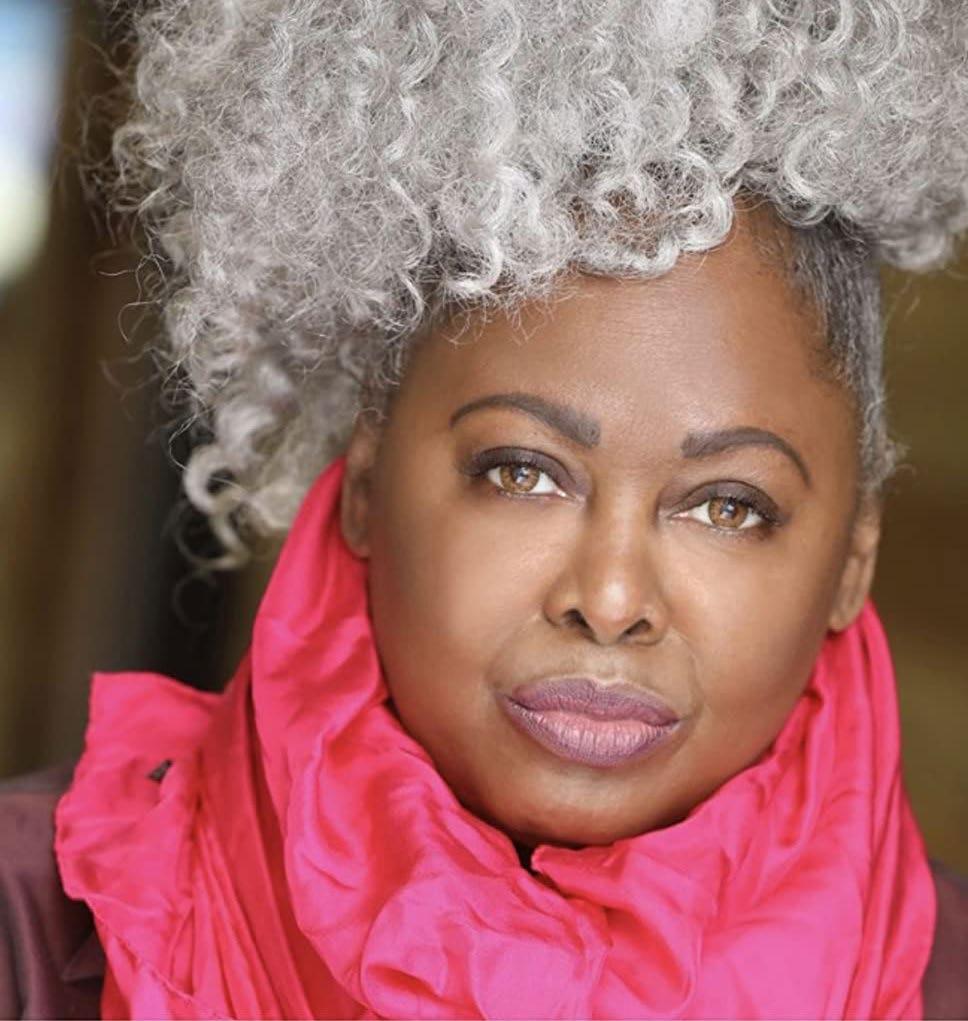and inclusion for the current and future generations to come.
was back as a bigger, better, more inclusive community. There was such an overwhelming release of joyful emotion there was not a dry eye in the theatre. You are the first Black performer to play Christine Daaé. Do you think the move towards diversity over the past few years in the industry has made a difference especially for you as a person of African heritage? Representation is so, so important, not just in the Arts but in life itself. As the West End is the beating heart of Musical Theatre, it is crucial that we can, and are, leading the way of change. We live in a world full of beautiful and wonderful ethnicities and we should visually see that in all walks of life, celebrate it in its full glory in order to show current and future generations of diverse performers that the possibilities are endless. To be a woman of colour leading a show of this magnitude, portraying a woman who
is strong, beautiful, graceful, and desired is an image that I wish my younger self could have seen more of on stage. It is a life changing moment that is so much bigger than me. I have been blessed with an opportunity that I pray inspires hope, positivity, inspiration,
What advice would you give Black performers starting out? The advice that I would give to Black performers starting out is to never give up. Never ever give up! If you want to be somewhere or do something you most definitely can, even if you don’t see a place there for you, that doesn’t mean that you can’t be there and make it happen. I will be right there with you breaking down these barriers and walls for future generations to come, so that hopefully their journey through this industry is never just tied to the colour of their skin but to what they bring to the industry, to shows and characters using their own individuality and talents. Together we can create a more equal, beautiful diverse and inclusive industry.
LONDON’S FIRST BLACK POLICE OFFICER: Detective Sergeant Norwell Roberts QPM
N
orwell was nine years old when he and his widowed mother came to England from Anguilla in the Caribbean in the 1950s. Part of the Windrush generation, they settled in Camden, north London. Norwell’s grandfather and three uncles had all served in their local police forces in the West Indies, but it wasn’t until Norwell saw a poster calling for more police officers in London, that he decided to apply. In 1967, 21-year-old Norwell Roberts became the first black officer to join the Metropolitan Police Force since the Second World War. Asked if he felt he was a pioneer, Norwell says his focus was simply on getting the job done. “They made it tough but no one said life was going to be an easy ride. Unfortunately, my detractors would be disappointed as the more they kicked against me the more determined I was
42 BLACK HISTORY MONTH 2021
to succeed. I was made of sterner stuff, and if I am honest, on reflection I surprised myself.” As the only black officer in the Met, Norwell received a great deal of publicity, but was still subjected to racism and prejudice both inside and outside of work. He recalls ‘the worse I was treated, the stronger it made me.’ Norwell believed that Britain needed a police force that was representative of the country’s multi-racial society. Not wanting to disappoint those who supported him, Norwell rose through the ranks and in the 1980s joined CID, becoming Britain’s first black undercover officer. In 1996, Norwell was awarded the Queen’s Police Medal for Distinguished Service, of which he says ‘I felt extremely proud and that everything I had been through had been worth it.’ In 1997, after 30 years of service, Norwell retired.



















